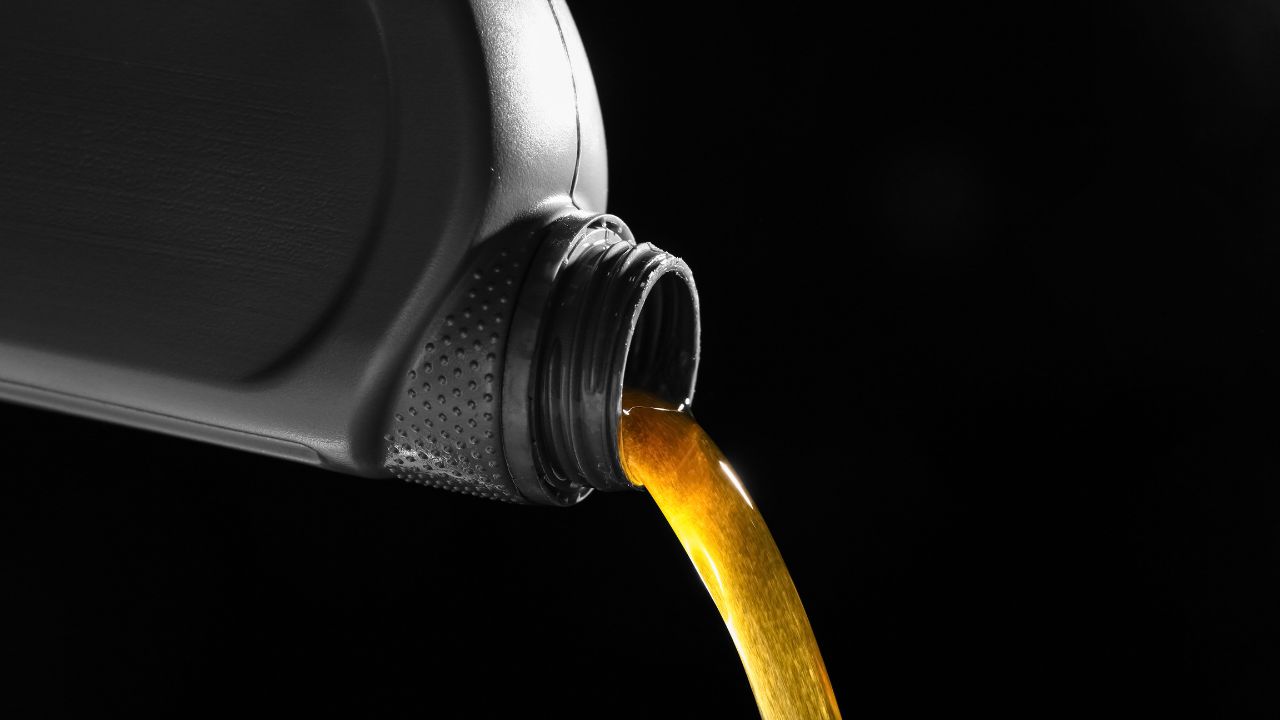Introduction
In manufacturing and energy industries, every minute of uptime counts. Equipment reliability, efficiency, and safety depend heavily on effective lubrication management. Yet, it remains one of the most overlooked aspects of industrial maintenance.
Implementing a structured lubrication program — supported by advanced products and monitoring technology — can significantly reduce downtime, extend equipment life, and lower total operating costs. EMIROL’s expertise in lubrication solutions helps industries achieve just that.
The Importance of Lubrication Management
Lubrication plays a vital role in:
- Reducing friction and wear between moving parts
- Controlling temperature in high-load environments
- Preventing corrosion and contamination
- Maintaining energy efficiency and performance consistency
Without proper lubrication management, plants experience premature equipment failure, increased energy use, and frequent maintenance interventions — all of which impact productivity and profit margins.
Challenges in Industrial Lubrication
Both manufacturing and energy sectors face specific lubrication challenges:
- Extreme operating conditions: High temperatures, pressure, and continuous load demand advanced lubricants.
- Contamination risks: Dust, moisture, and chemicals can degrade oil quality and reduce performance.
- Improper lubricant selection: Using the wrong viscosity or formulation can accelerate wear and energy loss.
- Inconsistent maintenance schedules: Poor planning leads to under-lubrication or over-lubrication, both equally harmful.
Building an Effective Lubrication Management Program
1. Lubricant Selection and Standardization
Choose lubricants specifically engineered for industrial and energy applications. EMIROL offers synthetic and mineral-based solutions with high oxidation stability, ensuring consistent performance in turbines, compressors, and heavy machinery.
2. Storage and Handling Control
Maintain proper storage conditions to protect lubricants from contamination. Implement color-coded systems, sealed containers, and clean transfer tools to prevent mix-ups and debris infiltration.
3. Scheduled Maintenance and Monitoring
Develop a predictive maintenance schedule using oil analysis and condition monitoring. Tracking viscosity, contamination levels, and wear particles helps anticipate failures before they occur.
4. Training and Workforce Awareness
A well-informed maintenance team is key. EMIROL provides technical support and training programs that teach best practices for lubrication handling, selection, and disposal.
Lubrication Management in the Energy Sector
In power generation — whether thermal, hydro, or renewable — lubrication systems face continuous operation and high thermal stress. EMIROL’s turbine oils and gear lubricants are engineered for:
- Oxidation stability under sustained temperature loads
- Minimal deposit formation
- Superior anti-wear and rust protection
- Extended drain intervals for reduced maintenance shutdowns
These qualities ensure uninterrupted power generation and improved operational safety.
Sustainability and Energy Efficiency
Modern lubrication management also supports sustainability goals. High-performance lubricants reduce energy consumption by minimizing friction losses and enabling smoother mechanical motion.
Additionally, extended oil life means less waste, fewer oil changes, and a smaller carbon footprint — aligning with EMIROL’s commitment to eco-efficient industrial solutions.
Conclusion
Effective lubrication management is not just maintenance — it’s strategic asset protection. For manufacturing and energy industries, the right approach can transform equipment reliability, safety, and profitability.
By combining advanced EMIROL lubricants with structured management practices, industries can ensure optimal performance, longer equipment life, and reduced operational costs — keeping production running at peak efficiency.


